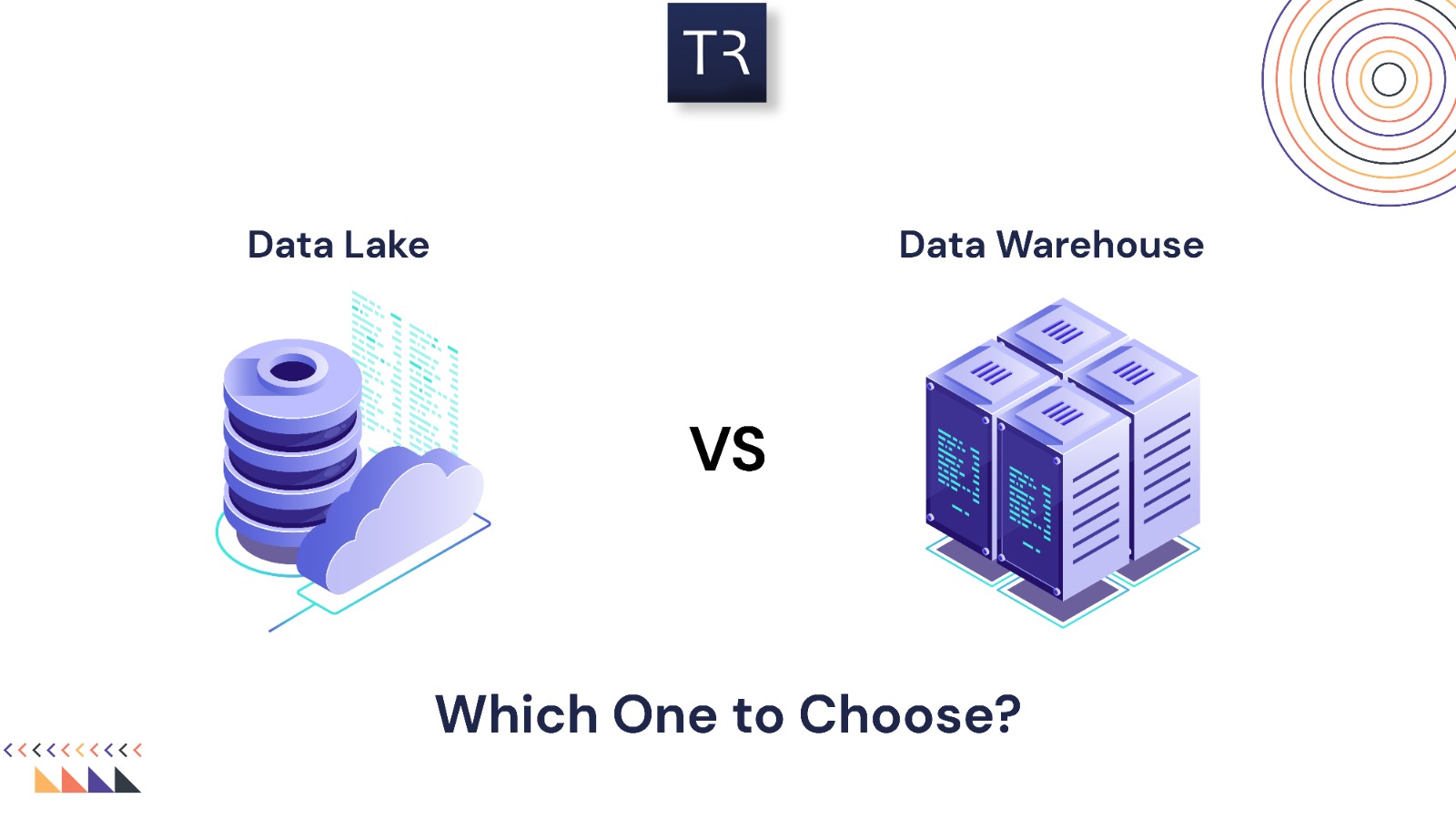Physical address:
573 Hutchinson Ln, Lewisville, TX 75077, USA.
In today’s data-driven world, organizations generate and process massive amounts of information every day. This has made efficient data storage and management systems crucial for businesses seeking to stay competitive. Two of the most prominent solutions for managing large datasets are data warehouse vs data lake. While both serve the purpose of storing and analyzing data, they differ significantly in architecture, functionality, and use cases.
Understanding Data Lake and Data Warehouse
What is a Data Lake?
A data lake is a centralized repository designed to store vast amounts of raw, unprocessed data from various sources. It can handle structured, semi-structured, and unstructured data, making it highly flexible.
Key Characteristics of a Data Lake
- Raw Storage: Stores data in its native format.
- Scalable: Easily accommodates data growth.
- Cost-Effective: Ideal for large-scale data storage due to its cost-efficient architecture.
- Flexible Schema: Data is structured only when read, offering adaptability.
Use Cases for Data Lakes
- Big Data Analytics: Ideal for processing and analyzing large datasets.
- Machine Learning: Provides data for training complex algorithms.
- Real-Time Analytics: Enables real-time decision-making with minimal latency.
What is a Data Warehouse?
A data warehouse is a structured storage system optimized for querying and analysis. Data is cleaned, transformed, and organized before storage.
Key Characteristics of a Data Warehouse
- Schema-on-Write: Data is structured and formatted before storage.
- High Performance: Optimized for complex queries and reporting.
- Integrated Data: Consolidates data from multiple sources for analysis.
Use Cases for Data Warehouses
- Business Intelligence: Perfect for generating reports and dashboards.
- Data Analytics: Supports historical and trend analysis.
- Compliance: Ensures data accuracy and integrity for audits.
Core Differences Between Data Lakes and Data Warehouses
Data Structure and Storage
- Data Lakes: Follow a schema-on-read approach, allowing flexibility in handling raw data.
- Data Warehouses: Utilize schema-on-write, where data is pre-organized and optimized.
Scalability and Performance
Data lakes are inherently scalable due to their unstructured nature, while data warehouses prioritize performance for analytics.
Cost Considerations
Data lakes are often more cost-effective due to their lower storage costs, but data warehouses deliver higher ROI for analytical tasks.
Security and Governance
Data warehouses have robust governance and security features, whereas data lakes require additional configurations for similar controls.
Related articles you may find interesting
Advantages and Disadvantages
Advantages of Data Lakes
- Scalability and cost-efficiency.
- Supports diverse data types.
- Seamlessly integrates with advanced analytics tools.
Disadvantages of Data Lakes
- Requires technical expertise.
- Lack of governance can lead to a “data swamp.”
Advantages of Data Warehouses
- Structured and reliable data storage.
- Optimized for complex queries.
- Strong governance and security measures.
Disadvantages of Data Warehouses
- Higher costs for storage and maintenance.
- Limited flexibility for handling unstructured data.
Choosing the Right Solution
When to Choose a Data Lake
- When dealing with big data or real-time analytics.
- For projects involving machine learning or IoT data.
When to Choose a Data Warehouse
- For business intelligence and reporting.
- When data accuracy and governance are critical.
Hybrid Approaches
Combining both systems offers the best of both worlds, supporting diverse data needs and analytics requirements.
Future Trends in Data Management
Cloud-Based Data Solutions
Cloud platforms like AWS and Azure simplify data storage and management.
Integration of AI and Machine Learning
Future solutions will increasingly integrate AI for predictive analytics and automation.
Convergence of Data Lakes and Warehouses
The industry is moving towards unified solutions, blending the strengths of both systems.
Conclusion
Choosing between a data lake vs a data warehouse depends on your specific business needs, data types, and analytics goals. While data lakes offer flexibility and cost efficiency, data warehouses deliver structured, high-performance solutions. A hybrid approach often provides the most value, balancing flexibility and structure.
FAQs
- What are the main differences between a Data Lake and a Data Warehouse?
Data lakes store raw, unprocessed data, while data warehouses store structured and processed data. - Can a Data Lake replace a Data Warehouse?
Not entirely. Data lakes and warehouses serve different purposes, and their roles often complement each other. - Are Data Lakes suitable for small businesses?
Yes, but only if they have the resources and expertise to manage them effectively. - What are the best tools for implementing a Data Warehouse?
Tools like Snowflake, Amazon Redshift, and Google BigQuery are widely used for building data warehouses. - How does cloud storage impact Data Lakes and Warehouses?
Cloud storage enhances scalability, flexibility, and cost efficiency for both data lakes and warehouses.


